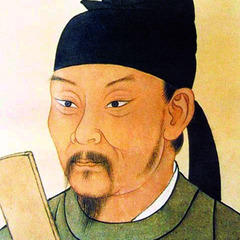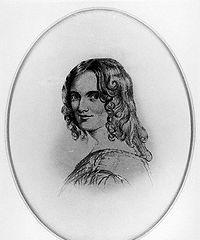Samuel Taylor Coleridge Quotes - Page 6

Samuel Taylor Coleridge (2015). “The Complete Works of Samuel Taylor Coleridge: Poetry, Plays, Literary Essays, Lectures, Autobiography and Letters (Classic Illustrated Edition): The Entire Opus of the English poet, literary critic and philosopher, including The Rime of the Ancient Mariner, Kubla Khan, Christabel, Lyrical Ballads, Conversation Poems and Biographia Literaria”, p.2033, e-artnow
Samuel Taylor Coleridge, Henry Nelson Coleridge (1851). “Specimens of the Table Talk of Samuel Taylor Coleridge”, p.73
Samuel Taylor Coleridge (1858). “The complete works of Samuel Taylor Coleridge: With an introductory essay upon his philosophical and theological opinions”, p.230
Samuel Taylor Coleridge (1854). “The complete works of Samuel Taylor Coleridge: With an introductory essay upon his philosophical and theological opinions”, p.281
Work without hope draws nectar in a sieve, And hope without an object cannot live.
'Work Without Hope' (1825)
Samuel Taylor Coleridge (1834). “Biographia Literaria: Or, Biographical Sketches of My Literary Life and Opinions”, p.183, Classic Books Company
Table Talk 15 Mar. 1834 (1835)
How like herrings and onions our vices are in the morning after we have committed them.
Samuel Taylor Coleridge, Seamus Perry (2002). “Coleridge's Notebooks: A Selection”, p.71, Oxford University Press, USA
Samuel Taylor Coleridge (1867). “The Friend: a series of essays ... First American, from the second London edition”, p.348
Hartley Coleridge, Samuel Taylor Coleridge (1852). “Lives of northern worthies”, p.133
Samuel Taylor Coleridge, Henry Nelson Coleridge (1839). “On the Constitution of the Church and State According to the Idea of Each”, p.279
I may not hope from outward forms to win / The passion and the life, whose fountains are within.
'Dejection: an Ode' (1802) st. 3
Biographia Literaria ch. 13 (1817)
Samuel Taylor Coleridge, Henry Nelson Coleridge (1854). “The complete works of Samuel Taylor Coleridge: With an introductory essay upon his philosophical and theological opinions”, p.531
Samuel Taylor Coleridge, William Greenough Thayer Shedd (1854). “The Complete Works of Samuel Taylor Coleridge: With an Introductory Essay Upon His Philosophical and Theological Opinions”, p.294
Samuel Taylor Coleridge (1836). “The Literary Remains of Samuel Taylor Coleridge”, p.342






